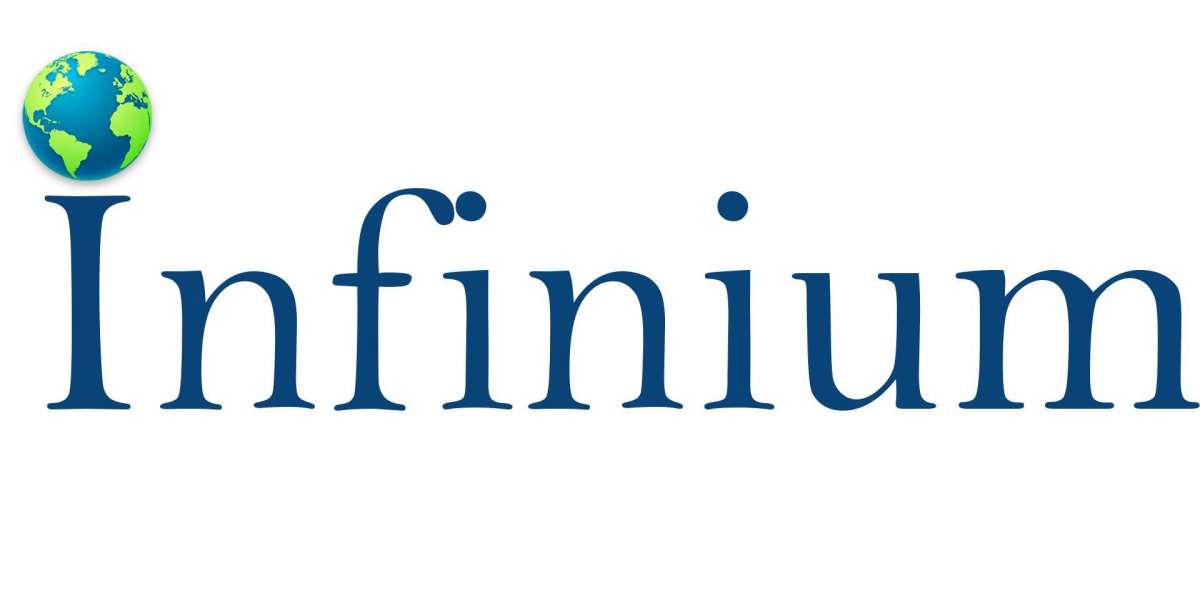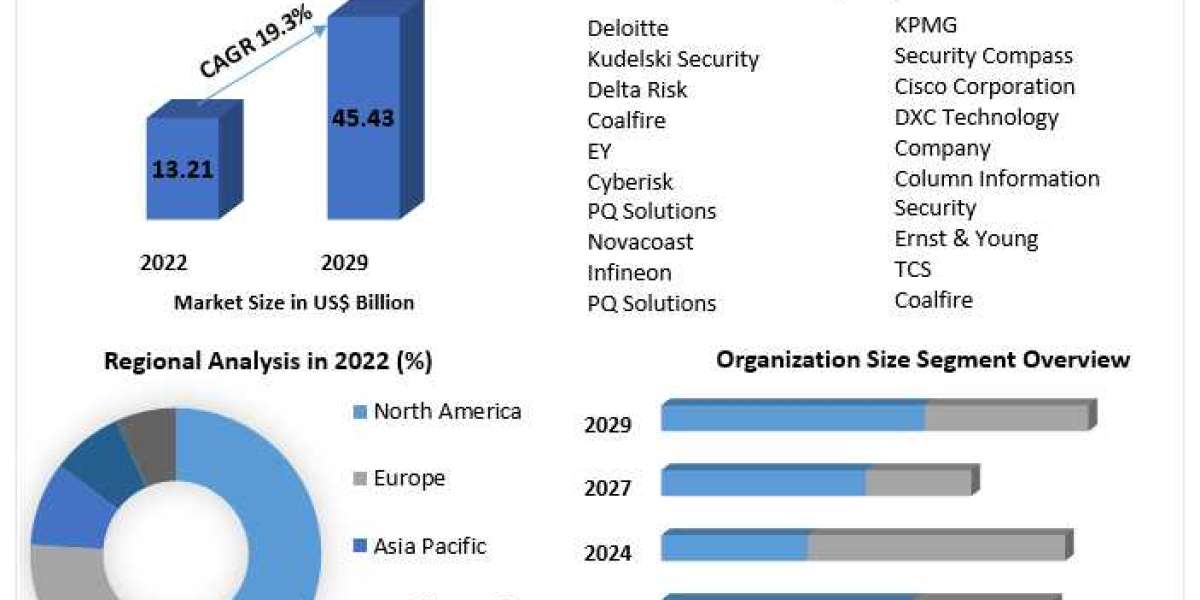Market Dynamics :
- Increasing Demand for Fleet Management: The logistics and transportation sector's need for real-time vehicle tracking and route optimization significantly fuels the demand for GPS tracking devices.
- Enhanced Security and Safety: Rising concerns over vehicle theft and personal safety are propelling the adoption of GPS tracking devices among individual consumers and businesses.
- Technological Advancements: Innovations such as smaller, more efficient devices, improved battery life, and integration with IoT and AI technologies enhance the functionality and appeal of GPS trackers.
- Government Regulations: Regulations mandating the use of tracking devices for commercial vehicles in various regions bolster market growth.
Challenges:
- Privacy Concerns: Growing awareness and concerns over data privacy and surveillance may hinder market adoption, as users become wary of continuous location tracking.
- High Initial Costs: The upfront cost of advanced GPS tracking systems can be a barrier for small businesses and individual consumers, slowing market penetration.
- Connectivity Issues: Reliance on satellite and network connectivity can pose challenges in remote or underdeveloped areas, affecting the reliability of GPS tracking devices.
Opportunities:
- Expanding Applications: The broadening scope of GPS tracking devices in areas such as asset tracking, pet tracking, and personal safety opens new avenues for market expansion.
- Emerging Markets: Developing countries present significant growth opportunities as increasing urbanization and industrialization drive the need for efficient logistics and security solutions.
- Integration with Smart Technologies: The integration of GPS tracking devices with smart home systems, wearable technology, and autonomous vehicles represents a promising growth area.
Market Trends:
- Miniaturization and Portability: Trends toward smaller, more portable devices enhance user convenience and expand potential applications.
- Subscription-Based Models: The rise of subscription-based models for GPS tracking services offers a cost-effective solution for consumers and businesses, facilitating broader adoption.
- Focus on Sustainability: Eco-friendly designs and energy-efficient devices are gaining traction, aligning with global sustainability efforts and appealing to environmentally conscious consumers.
Sample pages of Report: https://www.infiniumglobalresearch.com/reports/sample-request/26519
Regional analysis
· North America
In North America, the market for GPS tracking devices is experiencing robust growth, driven by the increasing adoption of advanced fleet management solutions and stringent regulations for vehicle tracking in logistics and transportation sectors. The presence of major tech companies and continuous technological advancements further bolster the market. The U.S. and Canada are at the forefront, leveraging GPS tracking for enhanced security and operational efficiency in various applications, including personal tracking, asset tracking, and telematics.
- Europe
Europe exhibits a strong demand for GPS tracking devices, supported by a well-established automotive industry and regulatory mandates for vehicle safety and emissions control. The region's focus on smart city initiatives and intelligent transportation systems is propelling the adoption of GPS technology. Countries like Germany, the UK, and France are leading the market, utilizing GPS tracking for diverse applications such as fleet management, personal safety, and wildlife monitoring.
- Asia-Pacific
The Asia-Pacific region emerges as a significant growth hub, driven by rapid urbanization, expanding logistics and transportation sectors, and increasing investments in smart infrastructure. Countries like China, Japan, and India are witnessing high demand for GPS tracking devices in vehicle tracking, asset management, and consumer electronics. The booming e-commerce sector and rising awareness about the benefits of GPS technology further contribute to market expansion in this region.
- Latin America
Latin America is witnessing steady growth in the GPS tracking device market, fueled by the growing need for efficient fleet management solutions and rising security concerns. Brazil and Mexico are key markets, leveraging GPS tracking technology for improved logistics operations, theft prevention, and efficient asset management. Government initiatives to enhance public safety and infrastructure development also play a crucial role in market growth.
- Middle East Africa
In the Middle East Africa, the market for GPS tracking devices is expanding, driven by increasing investments in infrastructure development and the growing adoption of advanced tracking solutions in the transportation and logistics sectors. The demand for GPS technology in asset tracking, personal safety, and wildlife conservation is also on the rise. Countries like the UAE, South Africa, and Saudi Arabia are at the forefront, utilizing GPS tracking to enhance operational efficiency and security.
Market Segmentation:
By Deployment:
- Commercial:
- Personal:
- Asset Tracking:
By Industry Vertical:
- Transportation Logistics:
- Healthcare:
- Construction:
- Retail:
- Oil Gas:
By Technology:
- GSM/GPRS:
- CDMA
- 3G/4G LTE:
- Satellite:
By Application:
- Vehicle Tracking:
- Fleet Management:
- Asset Management:
Competitive Landscape:
Key Players and Market Share:
- Garmin Ltd
- TomTom International BV
- CalAmp Corp. Emerging Players and Innovations:
- Geotab Inc
- Trackimo LLC
- Sierra Wireless
Strategic Initiatives and Mergers Acquisitions:
- Garmin's Acquisition of Tacx - This acquisition enhanced Garmin's product range by integrating indoor training and cycling products, showcasing Garmin's strategy to diversify and strengthen its market hold.
- TomTom's Collaboration with Microsoft - By partnering with Microsoft, TomTom aims to enhance its mapping services through integration with Microsoft's cloud-based Azure platform, boosting its technological capabilities.
- CalAmp's Acquisition of Synovia Solutions - This acquisition expands CalAmp's footprint in the fleet management sector, providing comprehensive solutions for school transportation and public safety.
Report Overview: https://www.infiniumglobalresearch.com/reports/global-gps-tracking-device-market
Future outlook:
The future outlook for the "Rapid Growth in GPS Tracking Devices Spurs Market Expansion" report highlights a promising trajectory marked by technological advancements and increasing demand across various sectors. The proliferation of IoT technologies and enhanced connectivity are expected to drive the adoption of GPS tracking devices in logistics, transportation, and fleet management, optimizing operational efficiencies and asset management.
Conclusion:
The report offers comprehensive insights into demand forecasts, market trends, and both micro and macro indicators. It examines the factors driving and limiting market growth. Additionally, the IGR-Growth Matrix analysis in the report identifies potential investment opportunities for both current and new market participants. Analytical tools such as Porter's five forces analysis and DRO analysis are used to provide deeper insights into the GPS tracking device market. The study also covers current market trends and forecasts from 2020 to 2026, highlighting upcoming trends that will influence demand in the forecast period. Competitive analysis in each regional market provides insights into the market shares of leading players.


